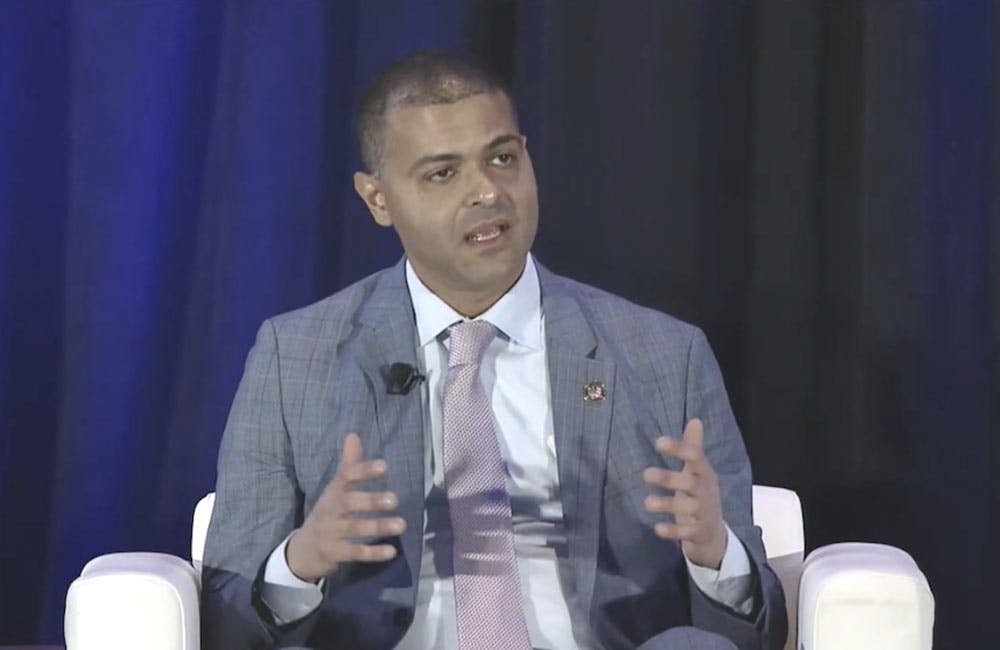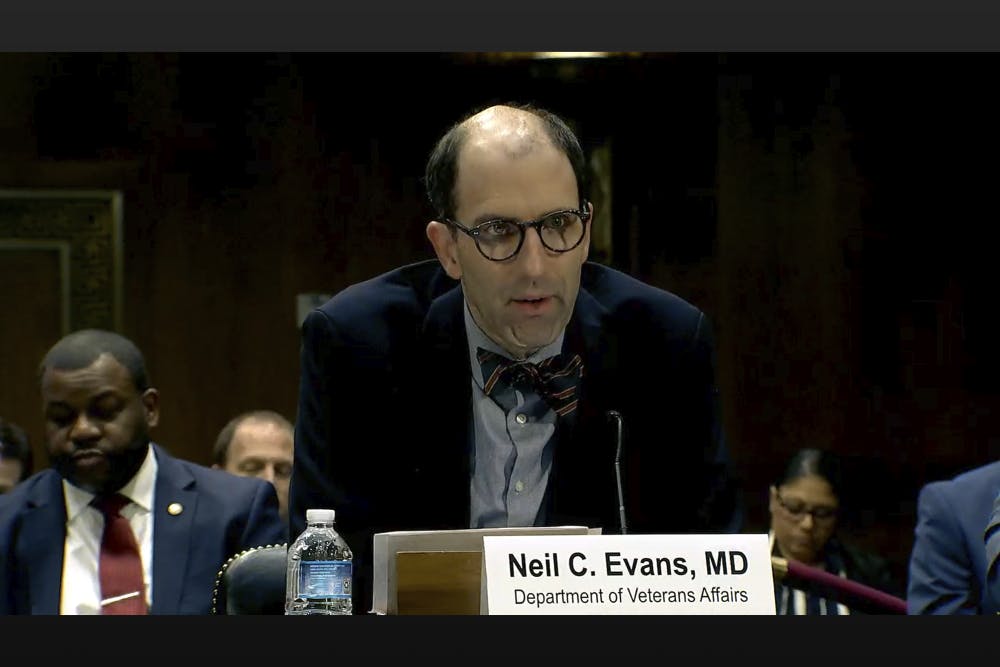VHA Touts TEFCA to Streamline Patient Records
The framework will ensure interoperability between the nation’s health systems and the VA.

The Department of Veterans Affairs is looking at new ways of simplifying access to patient records throughout its more than 170 medical centers and hundreds of clinics nationwide.
VA Undersecretary for Health Shereef Elnahal told an audience at the Office of the National Coordinator for Health Information Technology (ONC) Annual Meeting earlier this month that the scale of the health care industry necessitates VA’s participation in ONC’s Trusted Exchange Framework and Common Agreement (TEFCA). The framework, which just went live this month, provides a seamless transition of patient records between facilities.
“Patients aren’t tied to states, certainly veterans aren’t tied to states. So, of course, being a system where we take care of 9 million patients and operations in every U.S. state and territory, we absolutely need to leverage a national network to be able to transfer records back and forth,” Elnahal said at the event.
Elnahal said the VA is looking at early-stage companies to assist clinicians and mitigate burnout via its latest AI tech sprint. The sprint will be facilitated by the General Services Administration (GSA) to foster interagency collaboration by allowing the testing of products within VA systems and workflows. The agency is aiming to develop technology able to operate at scale.
TEFCA could also play a major role in the EHR modernization program, as Elnehal expressed a desire to one day “[get] away from the fact that the American health care industry is still the only sector that hands you a clipboard routinely when you come in.” Elnahal said TEFCA could help cancel millions of dollars in outdated contracts relying on physical records.
Although TEFCA is now live, there’s a lot of work ahead. According to ONC, about 30% of U.S. hospitals still don’t connect to a health information network.
ONC is collaborating across government agencies such as at the Centers for Disease Control and Prevention (CDC) to launch the first state and local production sites for key use cases like electronic case reporting in the first half of 2024.
At the VA, Elnahal has his eyes set on giving clinicians “exceptionally valuable” information about the veterans they are treating with TEFCA, so that they can better respond to mental health issues, treat conditions like PTSD and better prevent veteran suicide.
“The most important thing that we can execute on in the next 12 months is the capability for any clinician in any health system who’s connected to TEFCA and connected to us through interoperability to know they are in front of a veteran when they’re in that encounter,” Elnahal said.
This is a carousel with manually rotating slides. Use Next and Previous buttons to navigate or jump to a slide with the slide dots
-

Federal EHR Leaders Eye Ambient Dictation, Interoperability
Officials from DOD and VA said they are exploring new EHR features such as functionality in offline status and interoperability.
5m read -

VA Plans to Rollout Its EHR in 'Waves,' Program Chief Says
VA takes a new approach to its electronic health record deployment, following a proposed $2 billion White House funding boost.
4m read -

Data Modernization for Federal Health Enterprise
Technology and modernized data systems are opening up new frontiers for health care clinicians, agencies and patients.
37m watch -

HIMSS: AI's Role in Health Care Innovation, EHR Compliance
Federal agencies and industry partners are increasingly exploring AI use to improve health care.
13m watch








